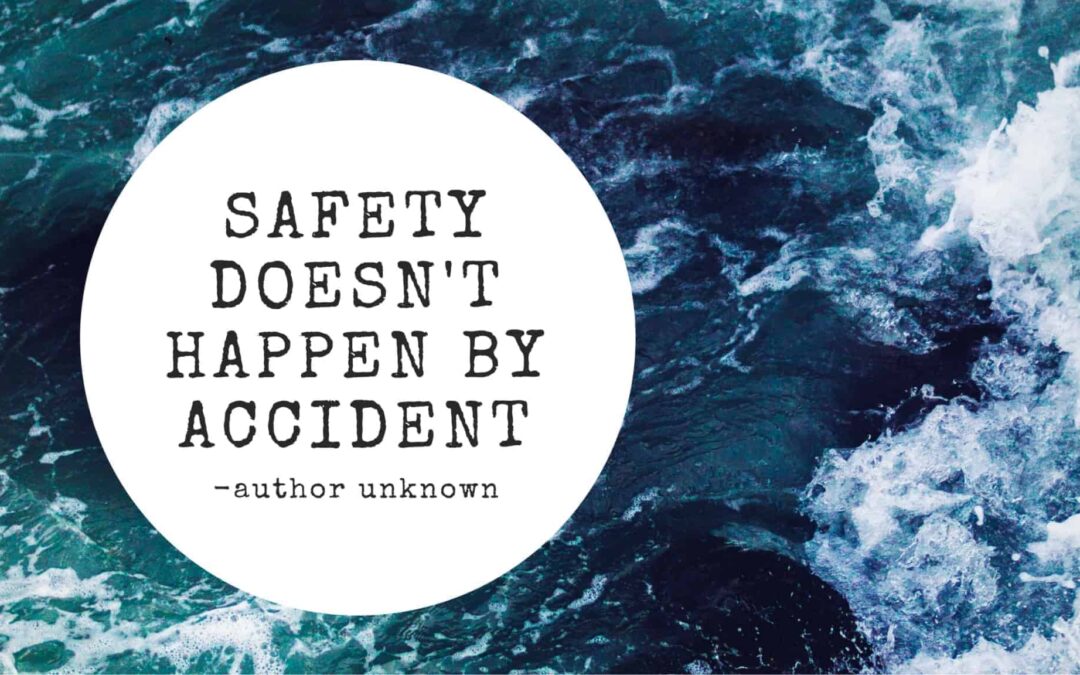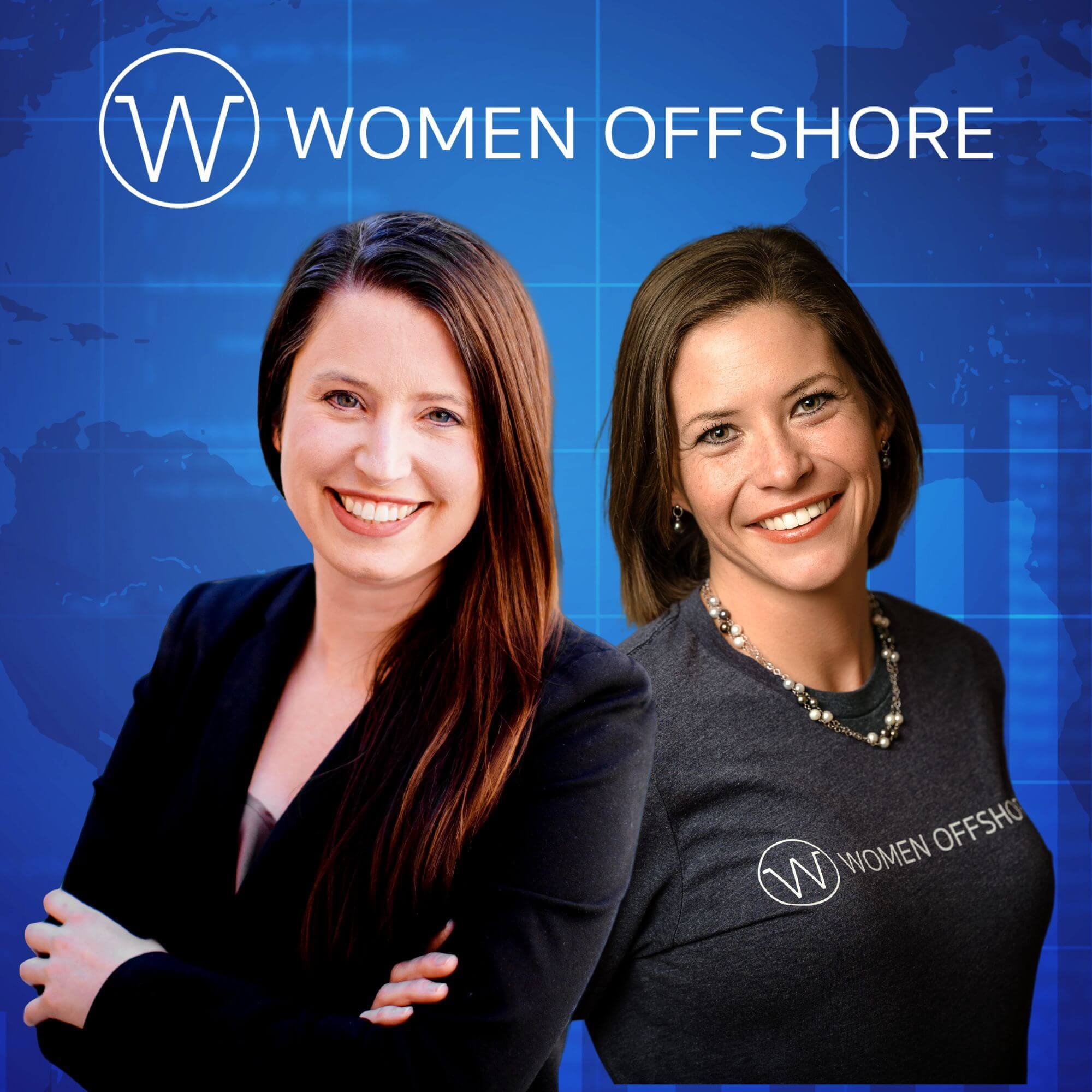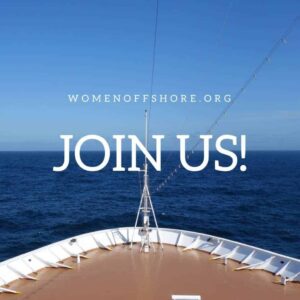Safety, the s-word; it is everywhere in our industry. Just add the s-word and things will be good to go, right? Wrong.
This methodology, using “safety” everywhere without understanding what it truly means for keeping people safe is dangerous, in itself. I want to share with you about my shift in thinking over the last year to take away the slogans and banners and instead focus on workers’ experiences and ingenuity.
My shift came when my company and many others in our industry pinpointed a high priority focus on high consequence events and incidents. Our current safety systems have served us well for low consequence safety issues. However, although rare, we are still having catastrophic events, serious injuries and to our dread, fatalities. Events that make our hearts drop, our world stop. Events that make us re-think everything we do. I sadly have too many personal stories here and I know, I am not alone.
How can we eliminate fatalities?
Whatever position you hold, whether it is offshore or onshore, leader or front line worker, you and your team are most likely also on this journey of understanding, “how can we eliminate fatalities?”
There is one view that I believe, is working against this journey. It is our traditional view of safety, a view that we have reinforced ever since we started talking about safety. It is the view of rule absolution, compliance and “punishment” because that is how “they” learn.
In my experience working offshore I have seen this scenario, over and over again. An incident happens, we immediately hold a stand down, and lecture workers about all they did wrong, maybe even fire someone because they made the “wrong choice” or violated a rule. We then carry on, feeling better about ourselves because we did it, we solved the problem, removed the “bad apple”. However, then again, something happens. And we repeat ourselves, hoping again for a different outcome. And to quote Albert Einstein, we are in execution meeting his definition of insanity, doing the same thing over and over and expecting different results.
Instead of workers failing us, is the system failing them?
If we truly want to improve, make a change, we have to look at the problem differently, change our perspective. My shift in thinking has allowed me to ask a different the question, “Instead of workers failing us, is the system failing them?” I would like to provide a great example of this shared to me by a fellow co- worker, a supervisor for an offshore project.
In his story, he walked past a worker grinding without his facemask. Immediately when the worker saw the supervisor, he held the facemask up to his face hoping that the supervisor wouldn’t come over and address him, “punish him”. In that instant, the supervisor had a choice, write him up for a violation because the worker knew the rules and “clearly” deliberately disobeyed. But this supervisor, in a moment of clandestine curiosity, went up and asked the worker why, since he knew the rules, did he break them? The worker nervous but honest, said that he could barely see out of his mask and he felt it was more of a threat to wear it then not. The supervisor continued his inquiry, “Why don’t you get a new one?” The worker continued on that because of the storeroom rules, he was not allowed to get a new mask, they were issued one and he was stuck with this one.
The system in place set this worker up for failure. And without the supervisor, taking time to understand that system failure, the viscous cycle of thinking bad workers are doing bad things would continue, with no improvement to the work trying to be accomplished. You can apply this to so many situations. I challenge you in your own work to do as this supervisor did, ask questions, instead of jumping to conclusions.
People promoting people to empower and motivate!
I believe this conversation fit right into the wheelhouse of our Women Offshore mission. We want to encourage women, who want to get the job done do it to the best of their abilities. This is the same for all the workers that work within their capacity to get the job done and stay safe. And just like women endorsing women, this is about people promoting people to empower and motivate. It is the future and it is not going anywhere! We must create safety standards at sea and continue to review the maritime safety protocols.
I am just at the beginning of this journey, working to wrap my head around these concepts, but luckily there are a few experts that are contributing very thoughtfully to this conversation.
If you would like to learn more and be apart of the conversation in your company, there are a few mediums you can use to learn more. I would love to hear your thoughts! Leave a message in the comments below or send us an email at [email protected].
More Resources For You
Interested in learning more? Below are some resources for you.
Safety Differently; The Movie
Pre-Accident Investigations Podcast
Human Factors Books
– Sidney Dekker,”The Field Guide to Understanding ‘Human Error’”
– Todd Conklin, PHD “Pre-Accident Investigation”
Elyse Knudsen, a Montana native, graduated from Montana Tech with a Bachelor’s degree in Occupational Safety and Health. She has worked as a safety advisor on an offshore installation in Angola, Africa. At its height, the installation had over 1500 people (Elyse was one of 6 women) from 16 different countries. Prior to her work experience in Angola, Elyse worked Deepwater Exploration in the Gulf of Mexico on a drillship and on land for gas production assets in Pittsburgh, PA. Before her career in energy, she was a professional figure skater, performing on cruise ships. Elyse is honored and excited to contribute to Women Offshore to promote women’s contributions in the field!










Another great book to read is Safety II in Practice: Developing Resilience Potentials by Eric Hollnagel.
Totally agree with this approach. After worked in the industry for some years, I realized that most of the safety systems I have work with, are more focus in detection and punishment than prevention. I have asked to myself, why we haven’t taken the Japanese POKA-YOKE system (Fool Proof in english) and apply this concept in the safety environment. The idea behind POKA YOKE, is to create system that does not allow the worker make mistakes. This concept is highly used in the manufacturing environment to improve quality, however, in my opinion this concept can be very well adapted to safety.